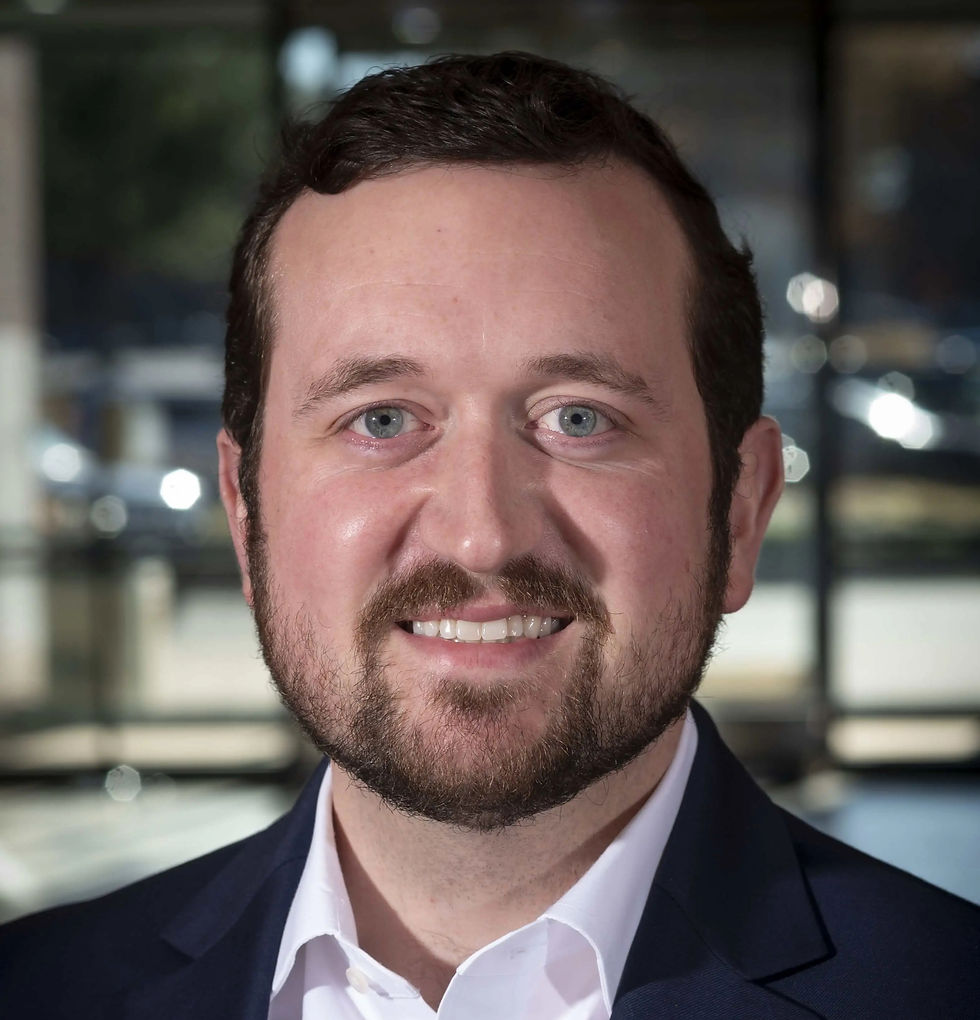FHA Mortgage Insurance: What Every Home Buyer Should Know
- Travis Chapman

- Jul 9, 2025
- 3 min read

If you’re considering an FHA loan to finance your home purchase, one of the most important things to understand is FHA mortgage insurance. While FHA loans are popular for their flexible credit requirements and low down payment options, they come with a unique cost—mortgage insurance premiums (MIP).
As a mortgage broker, we help buyers weigh the pros and cons of FHA financing every day. In this article, we’ll explain what FHA mortgage insurance is, how much it costs, how long you’ll pay it, and how it compares to private mortgage insurance (PMI) on conventional loans.
What Is FHA Mortgage Insurance?
FHA mortgage insurance is a mandatory insurance policy on all Federal Housing Administration (FHA) loans. It protects the lender—not the borrower—in case of default.
Unlike conventional loans, where private mortgage insurance (PMI) can be waived with a larger down payment, FHA mortgage insurance is required regardless of your down payment size.
There are two types of FHA mortgage insurance:
Upfront Mortgage Insurance Premium (UFMIP)
Paid at closing or rolled into the loan
Equal to 1.75% of the loan amount
Annual Mortgage Insurance Premium (MIP)
Paid monthly as part of your mortgage payment
The rate ranges from 0.15% to 0.75%, depending on your loan amount, down payment, and loan term
How Much Does FHA Mortgage Insurance Cost?
Let’s break down a typical example using a $250,000 FHA loan with a 3.5% down payment:
Upfront MIP (1.75%): $4,375 (This can be rolled into the loan balance)
Annual MIP (0.55%): $137.50/month ($1,650 per year, divided into monthly payments)
These costs are in addition to your loan’s principal, interest, property taxes, and homeowners insurance.
How Long Do You Pay FHA Mortgage Insurance?
How long you pay FHA mortgage insurance depends on your loan term and down payment:
If you put down less than 10%: MIP is required for the life of the loan
If you put down 10% or more: MIP is required for 11 years
This is one of the key differences between FHA loans and Conventional loans. With a Conventional loan, PMI can be canceled once you reach 20% equity. FHA borrowers don’t have that option unless they refinance into a conventional loan.
FHA Mortgage Insurance vs. Private Mortgage Insurance (PMI)
Here’s how FHA mortgage insurance compares to PMI on a conventional loan:
Feature | FHA Mortgage Insurance | Conventional PMI |
Required Down Payment | 3.5% | 3 - 5% |
Upfront Premium | 1.75% | None |
Monthly Premium Range | 0.15% - 0.75% | 0.2% - 1.5% |
Can Be Removed? | Usually No (unless refinance) | Yes, at 20% Equity |
Credit Score Impact | Premium Same for Most | Premium Depends on Credit |
Bottom line: FHA loans are often more affordable for borrowers with lower credit scores, but mortgage insurance tends to stick around longer compared to PMI on a conventional loan.
Can You Get Rid of FHA Mortgage Insurance?
The only way to remove FHA mortgage insurance (MIP) is by refinancing into a conventional loan, once you've built up enough equity (usually 20% or more).
Many homeowners who start with an FHA loan refinance into a 15-year or 30-year conventional loan later to get rid of MIP and take advantage of lower interest rates or better terms.
Final Thoughts: Is FHA Mortgage Insurance Worth It?
FHA mortgage insurance is often the tradeoff for easier approval, a lower down payment, and more flexible credit requirements. If you're a first-time home buyer or have less-than-perfect credit, an FHA loan can still be a great path to homeownership—even with the added insurance costs.
As a mortgage broker, our role is to help you compare all your loan options—FHA, conventional, and others—and run the numbers side by side. That way, you can feel confident you’re choosing the best loan for your financial goals.
How I Can Help You
When it comes time to purchase a home or refinance an existing loan, I want to help you! Hopefully articles like this give you good information and a better understanding of the mortgage world but let me use my experience and expertise to help you with your particular situation.
I tell my clients and referral partners that a mortgage transaction starts with a simple conversation. Let’s talk about your financial situation, budget, and goals so that I can help you determine the best solution for you. During a 10-minute informal conversation, we can get you on the right path as it relates to a home purchase or mortgage refinance.

.png)






-min_edited.jpg)
Comments